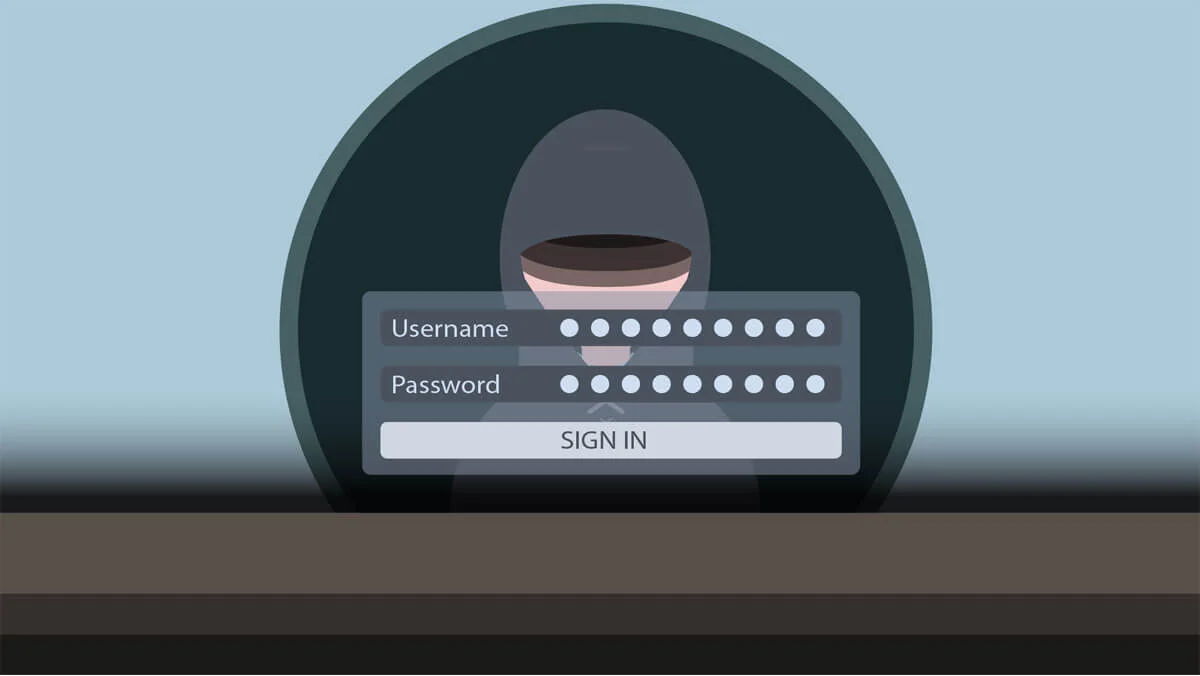As a child that we are told not to talk to strangers, so why as an adult do we forget that advice with our digital data? Yes, we’re bigger, stronger, ‘wiser’ but that doesn’t make us any less likely to become a victim.
Although the likes of Facebook, Instagram and Snapchat were brought in to allow us to connect with our nearest and dearest with ease it can often be used inimically. There was a time when the internet and social media were so foreign to us that we were anxious just to post a photo of ourselves accompanied by our name. So why today do we divulge into our most personal data all over our social media profiles? Significant names, dates, photos even as far as your contact details and location!
This TV ad from Barclays highlights how the simplest of ‘harmless’ content you post on social media can be used against you.
Visit the Barclays for more tips for staying safe online
The 2018 Fraudscape report by Cifas stated that 84% of identity theft is carried out via online channels meaning that in 2017 up to 150,000 cases of identity theft had taken place online. Phishing via social media is often disguised through a linked application, survey or game with the user unknowingly giving their permission for this sensitive data to be accessed by a third party. At least 95% of active Facebook profiles have allowed at least one of these apps to obtain access to this information without being reviewed.
Why do we trust them?
Just because they are multi-million-pound company it doesn’t mean that they’re keeping our data under lock and key instead of passing it on for profit. Just look at the most recent news involving Facebook, 87 million user’s data and Cambridge Analytica. A huge data scandal, following which Facebook has removed over 200 third party applications which were used to harvest users’ data without them knowing exactly what information they were handing over, coming to light just days before the new GDPR introduction.
Third-party apps and Social Networking sites however aren’t just to blame for the increase in theft of our personal information, responsibility to protect the information is with me, with you, with everyone!
Top 10 Tips to keep your data safe!
- Install anti-virus and firewalls on your PC and keep the programmes up to date! They help to keep your computer safe from any malware attacks.
- Put and keep your social media privacy settings on high. You can choose who can view what aspects of your profile, meaning no one can view your personal information if you don’t want them to.
- Only accept friend requests from people you know in real life. If you have never met the person before or do not know them you don’t know what they would do with your personal information.
- Routinely clean up your web browser. This includes clearing your search history, any cookies you have allowed and be sure not to let ‘auto-fill’ store any personal data.
- Review permissions on apps as often as you possibly can. Including when you download a new one! Do you still use the app? Be sure to check what information they can access about you.
- Be wary when purchasing online. Are you giving your payment information to a genuine company? The last thing you want to do is hand over your bank details to a fraudster.
- Use strong passwords. Sites often ask for a minimum number of characters, a capital letter and a special character for a reason and its not to make your life difficult. A unique password is harder to guess.
- Be conscious of what you’re doing when using a public wi-fi connection. Hackers and fraudsters can access an array of private data just by sharing a wi-fi network.
- Choose your answers to security questions wisely. If the question is ‘What is your favourite food?’ the likelihood is that its going to be easier to guess than if you used a ‘fake’ answer such as ‘unicornmermaids’ (because that’s clearly not your favourite food) but remember, never write that information down. Anywhere.
- Use a tracker block extension on your web browser. Most popular web browsers allow you to install them, this then blocks any sites that want to track what your searching and stops them collecting any data about you. However, ensure you turn this setting off when using sites you trust – sometimes this the only way they provide you with free content!

